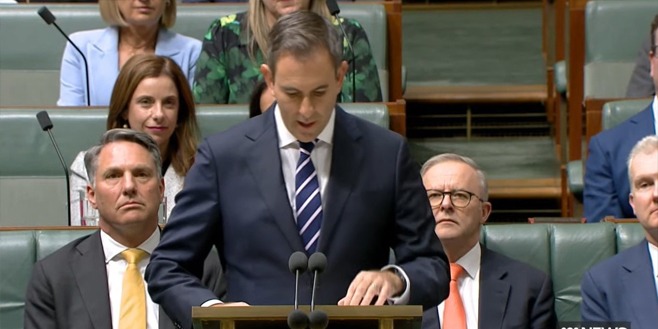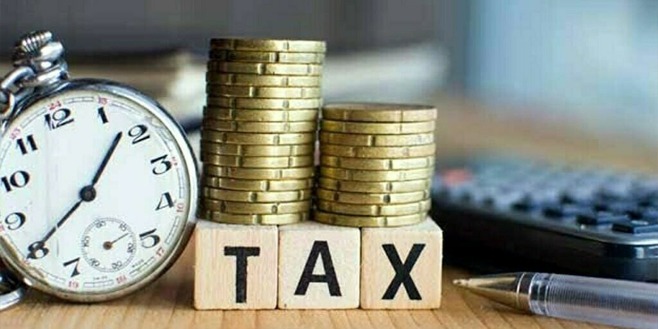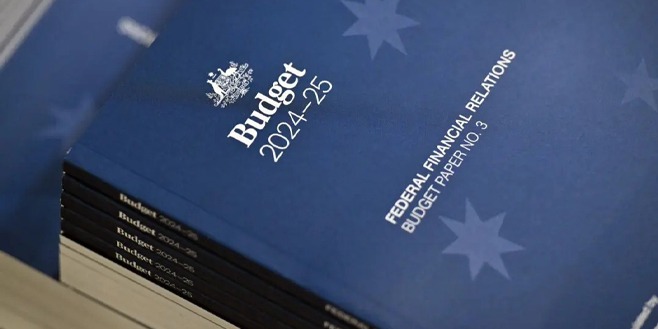As the Australian Federal Budget 2024 kicks in, there’s a mix of expressions among the first time and seasoned real estate investors. For the real estate industry, the budget 2024, has brought a blend of opportunities and challenges. Where the budget is allocated significantly for house financing, tax reliefs, and infrastructure development, it also resolves immediate housing market problems and proposes solutions for overall economic growth. Here’s a quick analysis of the implications it brings on investors, real estate agents, and homeowners.
Social Housing and Housing Affordability for Australia
One of the notable things in the budget 2024 is the investment propositions for social and affordable housing schemes. The government plans $11.3 billion to address the housing shortage in Australia.
This would initially lead to $1.9 billion in loans to support the construction of 40,000 social and affordable homes. The initiative is a part of a large competitive strategy that addresses the shortage of houses for vulnerable populations.

These government-backed loans will help the high-risk population to have a stable housing option for a better living. This package is called the Home for Australian plan, with $9.3 billion having been pleaded for five years under the National Agreement on Social Housing and Homelessness.
“Tonight’s budget delivers an additional $1.9 billion in loans to help build 40,000 social and affordable homes,” Dr Chalmers said.
A further $6.2 billion has been set aside for states and territories to improve their housing infrastructure. This financing is aimed at supporting the development of the infrastructure required to enable new housing projects, ensuring that new developments are seamlessly integrated into the existing urban landscapes.
Additionally, the budget increases Commonwealth Rent Assistance (CRA) by 10%, building on the 15% increase from the previous year and 40% since 2022. This back-to-back boost, which aims to give tenants across Australia much-needed relief, is the first of its kind in more than 30 years. The CRA maximum rate has increased by 40% as of May 2022, which will greatly help individuals who are having difficulty paying for expensive rentals.
What’s there for transitional and Remote housing in Budget 2024
Enhancing remote (rural) housing, especially in the Northern Territory, receives attention in the budget and is planned to receive around $843 million in funding. Improving living conditions in northern regions and guaranteeing that locals have access to suitable housing facilities depend heavily on this investment.

Furthermore, the budget reallocates $1 billion for crisis and transitional housing under the National Housing Infrastructure Facility (NHIF). This action supports victims of domestic abuse, including women and children, by giving them access to secure housing options during crises, the program is the continuation of the previously conducted National Housing Infrastructure Facility.
Challenges For Home Buyers In Australian Real Estate
Despite the major initiatives in the 2024 budget related to housing and amenities, the Australian government seems willing to introduce several other housing-related measures to address the existing housing challenges.
One of the initiatives is the $88.8 million allocation of fee-free TAFF places for construction, which is 20,000 additional places from the previous allocation. This is to cover the skilled labor shortage in the construction industry faced by the country after the pandemic.
An additional $1.8 million for construction is in the pipeline to cover the estimated 1900 migrants from selected countries willing to work in the Australian construction industry.
The challenge may rise in capital work tax deduction for the build-to-rent properties, which has risen from 2.5% to 4%. On the other hand, the incentives are also committed to be delivered to the build-to-rent sector for managing the investment trust withholding tax from 30% to 15%.
The government also plans to minimize rental standards across Australia, which is why the federal minimum rental standards are being introduced. This plan is dedicated to establishing a unified system to limit the increase in annual rent for tenants.
Budget 2024 Power Reliefs
Critics are foreseeing major relief from power bills, which will affect both residential and business owners. The government has implemented a $3.5 billing energy relief plan to minimize the cost of living for eligible small business owners and households.

With this, the government planned to rebate around $325 to 1mln. to small businesses and $300 to households across Australia.
Conclusion
As the budget poses a positive impact on the overall business, construction, and real estate sector, the critics do not show any misbeliefs about the impact on housing or the Australian property business. The withholding tax reduction will encourage investors and house owners to boost their portfolios in investing.
However, there’s so much to look for in the Budget 2024, as it makes a significant contribution in decreasing the pressure on inflation coming forth in 2024 – 2025, which is half a percent less than the previous.




